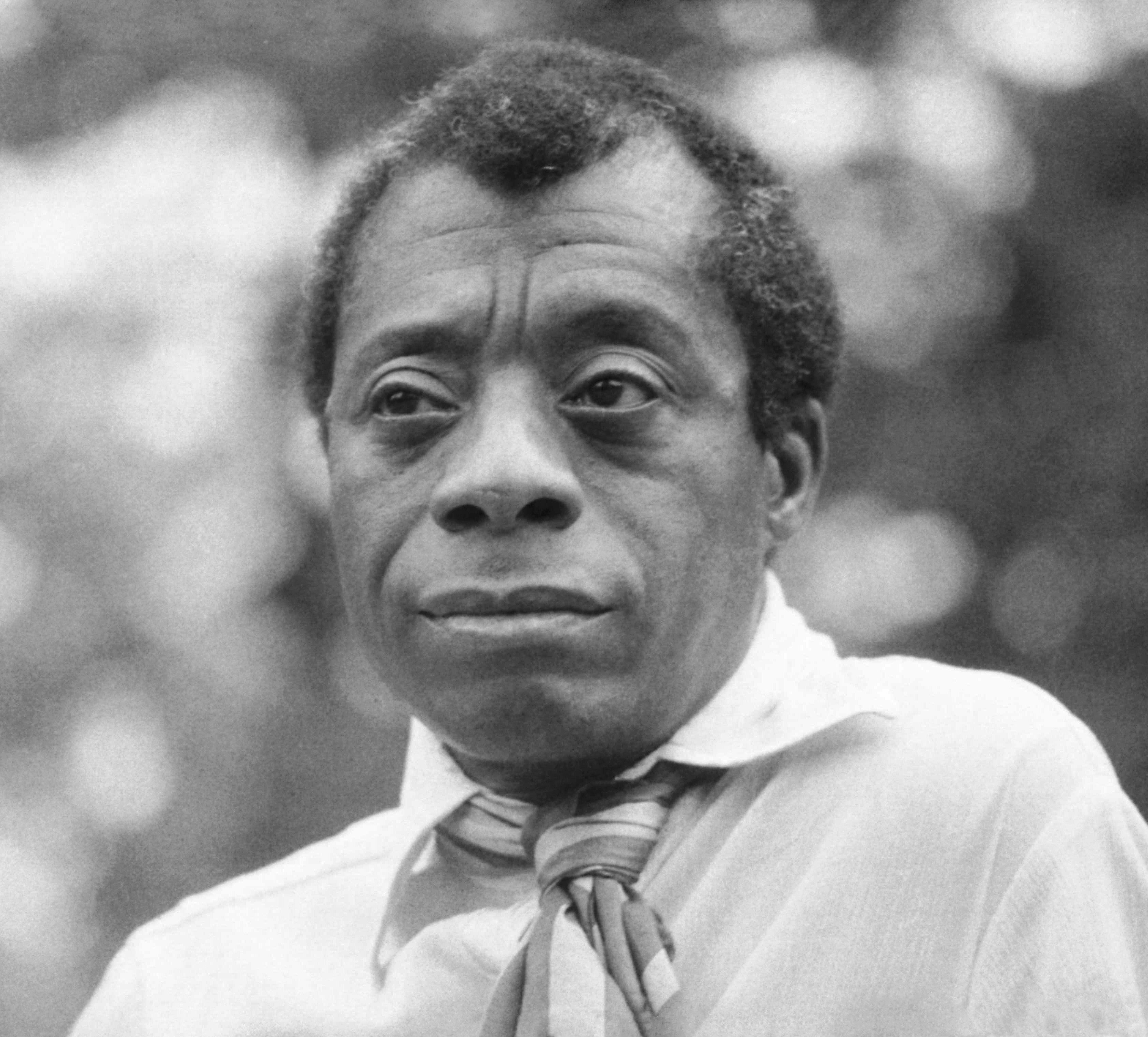James Baldwin’s “If Beale Street Could Talk” opens with a couple confessing their love, facing each other on opposite sides of a window. But this isn’t the window from a second-story bedroom — it’s the glass panes of a prison’s visiting room. And “If Beale Street Could Talk” isn’t just a love story; it’s Baldwin’s searing take on how racism can tear a family apart. Tish and Fonny, the couple at the heart of the novel, have been inseparable since they were kids, growing up in 1970s New York. Now adults, they are engaged, and their first child is on the way. But just as the two are building a new life together, Fonny is wrongly imprisoned, and Tish and their two families must struggle to win his freedom.
The plot of the novel revolves around one great injustice — Fonny’s imprisonment — but Baldwin also illustrates the day-to-day discrimination his characters endure. Their hopes of leaving their neighborhood are dashed by racist landlords and a lack of funds. Management and customers alike often mistreat Tish at her day job. And even after Fonny’s arrest, these cruel realities persist. Tish and Fonny’s families scramble to pay funds to a white lawyer downtown, but can never seem to keep up the payments. We witness Tish and Fonny struggling, like two teenagers lost in the alleys of Manhattan, to fumble through a maze of racist cops, unscrupulous lawyers, and deceptive landlords.
“If Beale Street Could Talk” is a novel of injustice and anger, but it is also a deeply affecting novel about familial love. Tish’s relationship with her sister, mother and father are brilliantly sketched, as are Fonny’s often-pained relationships with his own family. Baldwin questions what we are willing to sacrifice for our kin, and the responsibilities we have for one another. In one painful dialogue, Fonny’s father, Frank, unloads years of regret, confessing that he doesn’t know if he was “ever any kind of father” to Fonny. It is Tish’s father who must remind Frank that both Fonny’s decisions and the injustice of the world are out of his control.
However, Tish and Fonny’s relationship is also a profound love story on its own. They go from childhood friends depending on one another in the schoolyard, to adults navigating a cruel city as a couple. Now, instead of seeing Fonny at his parents’ house down the block, Tish must visit him during visiting hour, six p.m. each day. “I hope that nobody,” she writes, “has ever had to look at anybody they love through glass.” To watch the young couple feel independence and hope, then have it suddenly stolen away, lends the novel its crushing emotional weight.
But Baldwin also paints the light moments that come even in dark times. The wonderfully comic banter between Fonny and his friends at a Spanish restaurant in Greenwich Village still stands out. And in the midst of a tense flashback, when Tish and Fonny reveal their engagement to their parents for the first time, Tish’s mother jokes that she’d always hoped Tish would marry Nelson Rockefeller instead. Like any family, the dialogue whips from lighthearted to combative as events unfold, letting Baldwin present a full view of his characters’ personalities. These moments of lightness keep the characters, and the reader, moving forward.
“If Beale Street Could Talk” is a devastating read, but the bond between Tish and Fonny is the memory that lingers longest. At Tish and Fonny’s engagement, Tish’s father counsels them to “take care of each other. You going to find out it’s more than a notion.” Every page of “If Beale Street Could Talk” questions how far that care can go.
Contact Eric Tang at etang21 ‘at’ stanford.edu.
